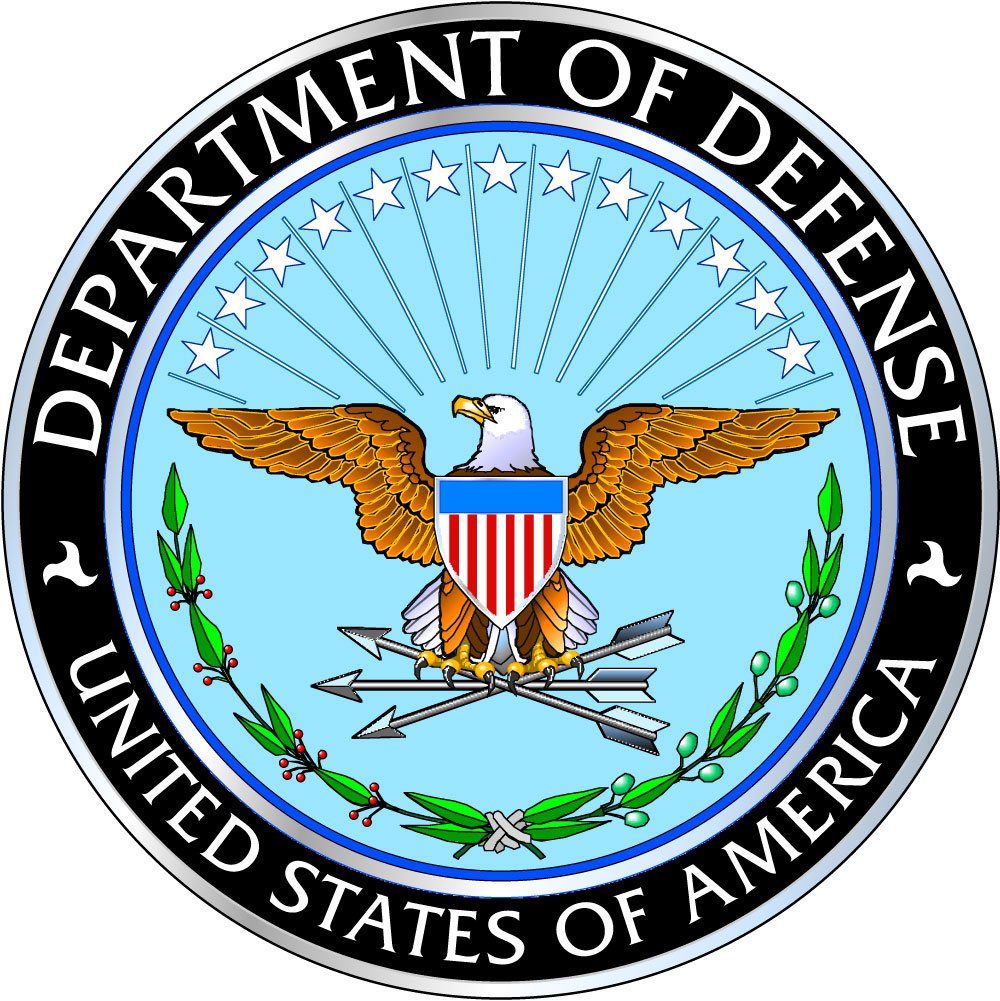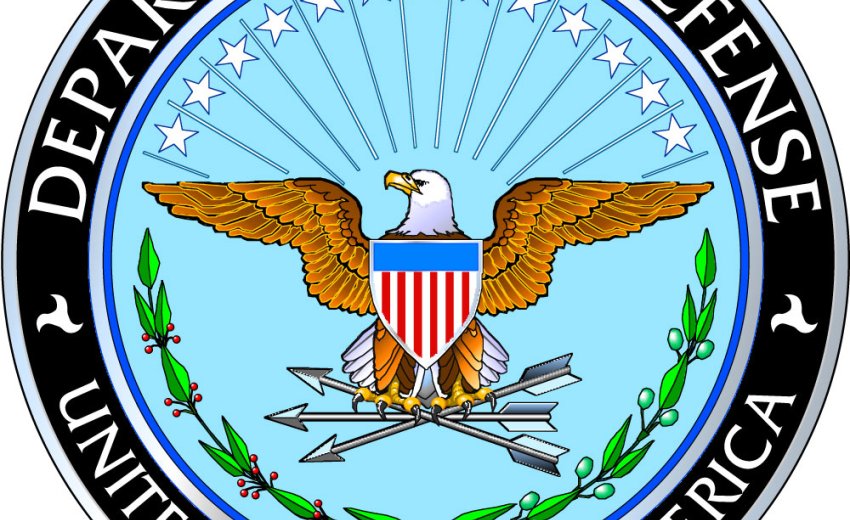January 23, 2014: The Defense Department released regulations Wednesday ensuring the rights of religious-minority service members to display their beliefs outwardly — such as wearing a turban, scarf or beard — as long as the practices do not interfere with military discipline, order or readiness.
 According to the Pentagon, requests for such religious accommodation will still be decided on an individual basis but will generally be denied only if the item impairs the safe use of military equipment; poses a health or safety hazard; interferes with wearing a uniform, a helmet or other military gear; or “impairs the accomplishment of the military mission.”
According to the Pentagon, requests for such religious accommodation will still be decided on an individual basis but will generally be denied only if the item impairs the safe use of military equipment; poses a health or safety hazard; interferes with wearing a uniform, a helmet or other military gear; or “impairs the accomplishment of the military mission.”
The “expression of sincerely held beliefs” may not be used as the basis for “adverse personnel action” or discrimination, the new regulations state. They spell out “hair,” “grooming practices,” and “religious body art” such as tattoos or body piercings as eligible areas for religious accommodation.
Although the new regulations were praised by leaders of national Muslim American groups as expanding the rights of Muslims and other non-Christians in the U.S. military, some Sikh American organizations criticized them for not going far enough. Requests for religious accommodation will still be decided on a case-by-case basis.
“We welcome the important decision to broaden the religious rights of American military personnel,” said a statement from the Council on American-Islamic Relations, based in the District. “We hope it will allow all those in uniform to practice their faith while serving the nation.”
The group’s spokesman, Ibrahim Hooper, said the new rules would reduce incidents of Muslim service members being harassed or reprimanded by superiors for wearing beards or head scarves.
“What we are seeing is not a revolution but an evolution in military policy,” Hooper said. “It sends a message that the military is friendly to minority faiths.”
But leaders of the Sikh American Legal Defense and Education Fund, also based in the District, called the rules an expansion of current policies rather than a meaningful overall change in policy.
“Unfortunately, this continues to make us have to choose between our faith and serving our country,” said Jasjit Singh, the group’s executive director. “This is an expansion of the waiver policy that is decided person by person. It does not open doors and say you can apply as a Sikh American and serve your country fully.”
Singh called the new rules a “steppingstone” in a long process by which Muslims and Sikhs have been prodding the Pentagon to ease restrictions on wearing or showing their “articles of faith.” Devout Muslim men wear beards as a rule, and practicing Sikh men wear turbans over long hair.
“It has been a work in progress, but we were hoping they would go further,” Singh said. “What we want is not to be an exception. Sikh Americans want to be able to serve their country as any other Americans are allowed to do.”
In a news release, the Pentagon said it “places a high value on the rights of members of the military services to observe the tenets of their respective religions” and that the new instructions will “reduce instances and perception of discrimination.”
